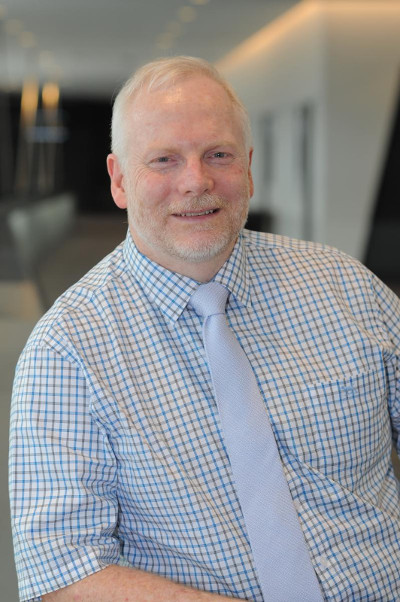Responding to a report in the Australian (9 Aug) that the Federal Health Department seeks the removal of 41 health roles, including GPs, from the skilled occupations list for visas, the Rural Doctors Association of Australia (RDAA) says such calls should be part of Australia's future medical workforce considerations.
It also wants an ‘urgently required’ National Rural Generalist Framework to get more Australian-trained doctors to the rural and remote communities that need them.
If the mooted change occurred, it would make International Medical Graduates (IMGs) no longer eligible to come to Australia under the visa class to work as a doctor.
"IMGs have made, and continue to make, an immensely significant contribution as valued local doctors in many rural and remote communities," RDAA President, Dr Ewen McPhee, said.
"In many cases, medical services in these communities would no longer be available if dedicated and long serving IMGs were not there to keep them going.
"For this, we owe past and present IMGs a huge debt of gratitude. But it is not right that we should continue to rely on enticing more and more IMGs from their own countries to prop up the Australian health system, when we now have enough Australian-trained medical graduates to meet demand - particularly given that many IMGs come from poor countries with struggling medical systems.”
Dr McPhee is pushing for greater incentives to encourage Australian-trained medical graduates with the advanced skills needed to work in rural and remote areas.
"While there are now enough Australian-trained medical graduates being generated through our medical training system, there remains a significant maldistribution of doctors — those doctors with the right skills are not necessarily going on to work in the rural and remote communities that need them most.”
He said the RDAA had been a strong advocate for a National Rural Generalist Framework and an associated training program that would “provide medical students and young doctors with a seamless and dedicated pathway from medical school and the intern years through to work as a rural generalist doctor - while also providing those on the Program with training in the advanced skills needed for rural practice.”
These includes procedural skills in obstetrics, anaesthetics, emergency medicine and general surgery, and non-procedural skills like advanced mental healthcare and Indigenous healthcare.
He added, "We are pleased that the Federal Government has set the development and implementation of the Framework as a key priority for the newly-announced role of Rural Health Commissioner. We look forward to working closely with the Commissioner and the Government to make it a reality, and to deliver to the bush the next generation of Australian-trained doctors."





